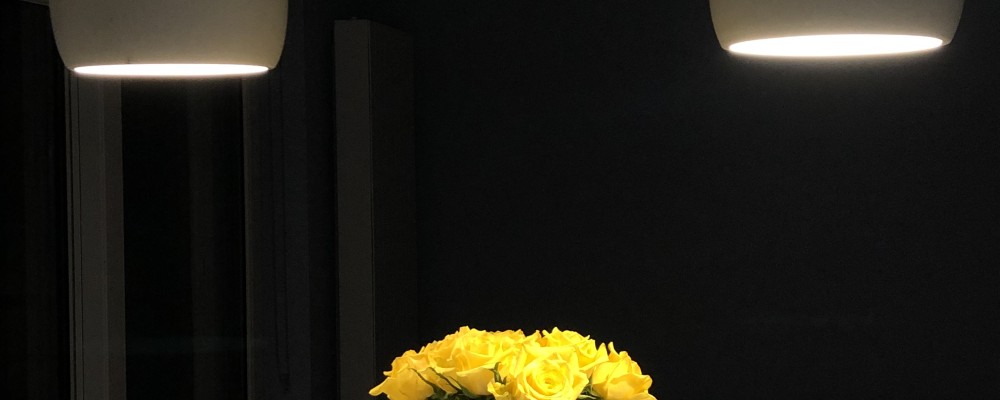Remotely Illuminating- Getting to the truth over Zoom?
Can you tell if someone is telling the truth by Zoom?
As my recent blogging history reveals I’m currently vexed by the question of whether family cases requiring evidence from witnesses should go ahead remotely. If we don’t have evidentiary hearings in family cases during lockdown justice is delayed. And it’s more than just a cliché that justice delayed is justice denied. But if we do have evidentiary hearings remotely can we be satisfied that remote justice is good enough quality justice?
One of the considerations implicit in that question is whether it is possible to assess the credibility and reliability of a witness over Zoom. There’s a properly nuanced discussion of this issue by Lieven J in an English High Court decision handed down earlier this week, A Local Authority v Mother [2020] EWHC 1086 (Fam) [link below].
In these proceedings a local authority had applied for care orders in respect of a child which were opposed by the mother and father. The case couldn’t be heard in the usual way because of lockdown. The court had taken the oral evidence of medical experts by Zoom. Lieven J then had to decide whether it was right for the case to continue by Zoom for the purpose of taking the evidence of lay witnesses, especially the two parents.
In her judgment Lieven J discusses in detail the premise that hearing of witness evidence remotely is less satisfactory than hearing evidence in person and concludes that,
"Having considered the matter closely, my own view is that is not possible to say as a generality whether it is easier to tell whether a witness is telling the truth in court rather than remotely."
Let that sink in. Agreeing with former Court of Appeal, and now Supreme Court, Judge, Lord Legatt, that demeanour will often not be a good guide to truthfulness, Lieven J goes on to say that,
“Some people are much better at lying than others and that will be no different whether they do so remotely or in court. Certainly, in court the demeanour of a witness, or anyone else in court, will often be more obvious to the judge, but that does not mean it will be more illuminating.”
The judge’s conclusions are a logical consequence of her acceptance of an approach excerpted from Legatt LJ’s summary of empirical studies in the field of psychological research contained in a previous Court of Appeal case. I shall quote one of the articles he mentions because it fascinates me:
"Psychologists and other students of human communication have investigated many aspects of deceptive behavior and its detection. As part of this investigation, they have attempted to determine experimentally whether ordinary people can effectively use nonverbal indicia to determine whether another person is lying. In effect, social scientists have tested the legal premise concerning demeanor as a scientific hypothesis. With impressive consistency, the experimental results indicate that this legal premise is erroneous. According to the empirical evidence, ordinary people cannot make effective use of demeanor in deciding whether to believe a witness. On the contrary, there is some evidence that the observation of demeanor diminishes rather than enhances the accuracy of credibility judgments."
OG Wellborn, "Demeanor" (1991) 76 Cornell LR 1075.
This suggests that there is a body of evidence consistently showing that people (and judges are, after all, human) do not rely on non-verbal indicators to detect deception. That rather implies that the diminished opportunity to assess demeanour via Zoom should not be a barrier to remote hearings. The empirical evidence suggests that people generally rely on the fact that liars are more likely to tell stories that are illogical, implausible, internally inconsistent and contain fewer details than persons telling the truth. One of the functions of cross-examination is to expose inconsistencies in false stories and that can potentially be achieved by Zoom.
There were a number of other factors in this case indicating whether or not it should proceed remotely. They are methodically scrutinised, with rigour and with an obvious compassion for the people involved. That’s important. At the moment, while we are all feeling our way forward, I can see the merit in assessing individually whether each case is suitable for remote hearing. However, such assessment should take place in a context of guidance for parties and practitioners on the factors that should inform that decision. I’d like to see such guidance issued for family cases in Scotland and would hope it might include many of the factors contained in Re A [2020] EWCA Civ 583 and considered here by Lieven J.
I say I am vexed by these issues because I really am. I’ve blogged about the pressing need for remote hearings in light of our Article 6 rights and the importance of unimpeded access to justice. I’ve blogged about how remote hearings might not be capable of delivering meaningful substantive justice for families. My thinking is still evolving. I’m not suggesting that this English case means that all evidentiary hearings in Scotland should go ahead, but the judgment has challenged one of my underlying beliefs about the value of witness evidence in person.
These are nuanced decisions and perhaps the silver lining in Scotland’s delayed introduction of remote hearings is that we already have a series of English cases about whether family cases should proceed remotely. We can watch and learn. Canny.
I have deliberately not discussed the substantive issues raised by the case in this blog. The judgment itself is well worth reading but it contains discussion of medical evidence about infant injuries and allegations of abuse which could be problematic for some people: if you want to read the judgment then you can find it here.

